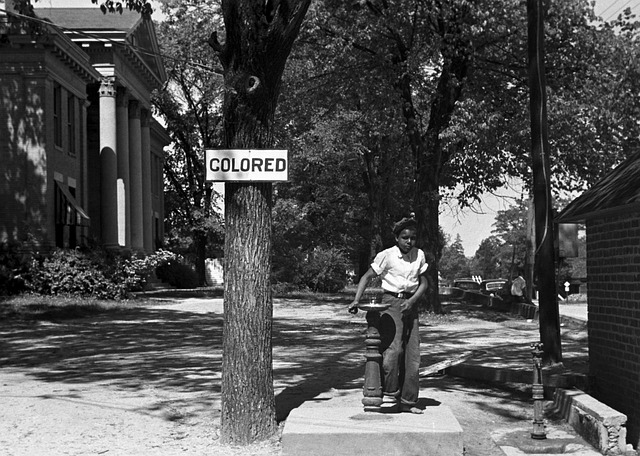Robocalls are a pervasive issue in North Carolina, ranging from legitimate promotions to fraudulent activities like identity theft. While annoying and draining, residents often wonder "Can I sue for robocalls in North Carolina?" Education is key to combatting them. Workshops and awareness can help individuals register on Do Not Call lists, use blocking apps, and understand their legal options under the Telephone Consumer Protection Act (TCPA), empowering citizens to take proactive measures against these disturbances.
In the digital age, robocalls have become a ubiquitous yet unsettling aspect of daily life. North Carolina residents face significant distress from these automated calls, which often fall into the category of telemarketing or fraud. This article delves into the multifaceted problem of robocalls in North Carolina and explores how education can serve as a powerful tool to combat them. We also examine legal options, including whether you can sue for robocalls in NC.
Understanding Robocalls and Their Impact in North Carolina

Robocalls, automated phone calls that deliver prerecorded messages, have become a ubiquitous and often unwanted part of daily life in North Carolina, as across the nation. While many robocalls promote legitimate services or organizations, others are used for fraudulent activities, such as identity theft, phishing scams, and debt collection. The sheer volume of these calls has led to significant frustration among residents, with many wondering, “Can I sue for robocalls in North Carolina?”
The impact of robocalls extends beyond mere annoyance. They can be a serious drain on an individual’s time and resources, as well as a gateway to financial loss or identity theft. In North Carolina, where a large proportion of the population is targeted by these calls, understanding their reach and effect is crucial. This awareness can empower residents to take action, whether through registering on Do Not Call lists, using blocking apps, or even pursuing legal recourse when appropriate.
The Role of Education in Reducing Robocalls

Education plays a pivotal role in combating robocalls, especially in states like North Carolina where these unwanted calls are prevalent. By raising awareness among residents about robocall tactics and ways to identify them, individuals can become more vigilant and take proactive measures to stop them. Many robocallers target people who may not be tech-savvy or aware of the latest scams, so educating the public is a powerful defense mechanism.
Schools, community centers, and local organizations can host workshops and seminars to teach North Carolinians about Can I Sue For Robocalls in their state? They can learn simple techniques like blocking numbers, using call-blocking apps, and recognizing common robocall patterns. This knowledge empowers citizens to not only protect themselves but also contribute to a collective effort to reduce the overall volume of robocalls, making North Carolina a less attractive target for scammers.
Legal Recourse: Can You Sue for Robocalls in NC?

In North Carolina, as in many other states, robocalls have become a persistent and frustrating issue for residents. While various state and federal laws exist to combat unwanted phone calls, including those from automated systems, knowing your legal recourse can be challenging. If you’ve been plagued by incessant robocalls, it’s important to understand that there might be options available to take action.
In terms of suing for robocalls in North Carolina, the Telephone Consumer Protection Act (TCPA) provides a legal framework. This federal law prohibits automated phone calls made without prior consent and allows recipients to seek damages. If you can demonstrate that you have been harmed by unauthorized robocalls, you may be entitled to compensation. However, navigating legal options requires careful consideration and consultation with experts in consumer protection laws.






